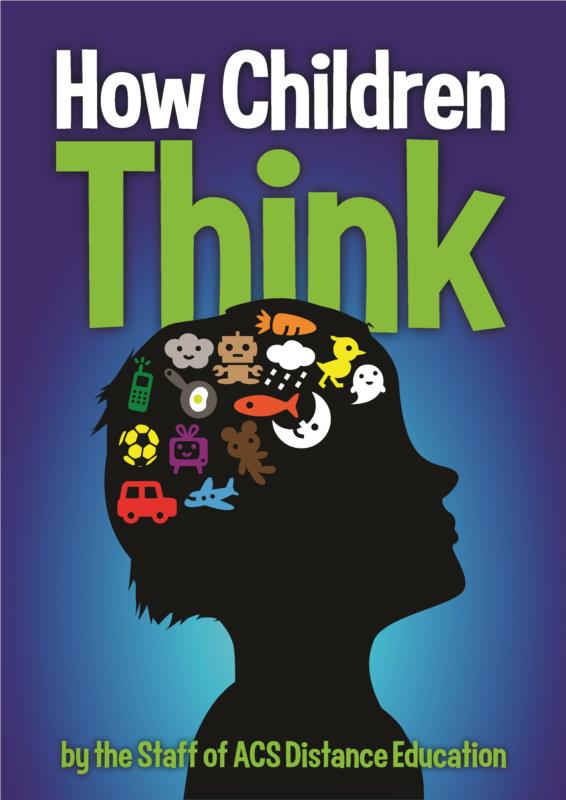Home > Psychology & Counselling
How Children Think - PDF ebook
Look Inside
How do children think?
Children are on a constant path of development from conception to adulthood (and beyond). Understanding children from a psychological perspective can be of great assistance to adults, in order to help them support the children in their lives to develop into highly functioning adults – whether their own children, or in a professional or social environment.
This ebook attempts to provide the skills and knowledge to develop a greater understanding of children, and what is really going on for them.
The first chapter discusses developmental stages in a child’s life, which is important for understanding what is to be expected and accepted at different points of a child’s development.
The next few chapters initiate the age-old discussion on the effects of nature and nurture on development. Chapter four provides insights into the importance of creating balance in a child’s life and chapter five discusses ways to change undesirable behaviour, providing practical solutions. Chapter six takes this a step further, going into problems and solutions of behaviour modification, as well as discussing issues such as abuse, bullying and deprivation.
The book concludes with a discussion on keeping up to date with constantly evolving research. This book will provide valuable clues into the way children think, and useful keys to support development. We hope you enjoy it.
Pages-73
Images-44
ISBN- 978-0-9872647-2-5
Table of Contents
Credits
Introduction
CHAPTER 1: WHAT ARE DEVELOPMENTAL STAGES?
Stage theories
Areas of child development
CHAPTER 2: INFLUENCES ON THE CHILD - NATURE
Genetics
Twin studies and heritability
The interaction of nature and nurture
The role of maturation
Conditioning
CHAPTER 3: INFLUENCES ON A CHILD – NURTURE
Twin studies and nurture
The role of early experience
Nurture and specific conditions
The nature-nurture debate revisited
Conclusion to nature and nurture
Social learning
CHAPTER 4: GETTING A BALANCE IN THEIR LIVES
Social development
Play
The significance of play
Organised activities
Reasons for less free time play
Over-scheduling and mental health
Tweens and teenagers
CHAPTER 5: CHANGING BEHAVIOURS
Reasons why children misbehave
Controlling misbehaviour
Modifying behaviour
Positive discipline techniques
What happens if you don’t nip a problem in the bud?
A special case - learned helplessness
CHAPTER 6: PROBLEMS AND SOLUTIONS
Deviance
Verbal violence
Physical damage in or out of the home
Child abuse
Bullying
Overcoming deprivation
CHAPTER 7: RESEARCH AND STAYING UP TO DATE
Ways to learn about children
APPENDIX
Distance learning and online courses
ACS global partners
Write a Review
Please ensure you are logged in to write a review.
How Children Think - PDF ebook

£16.95
In stock